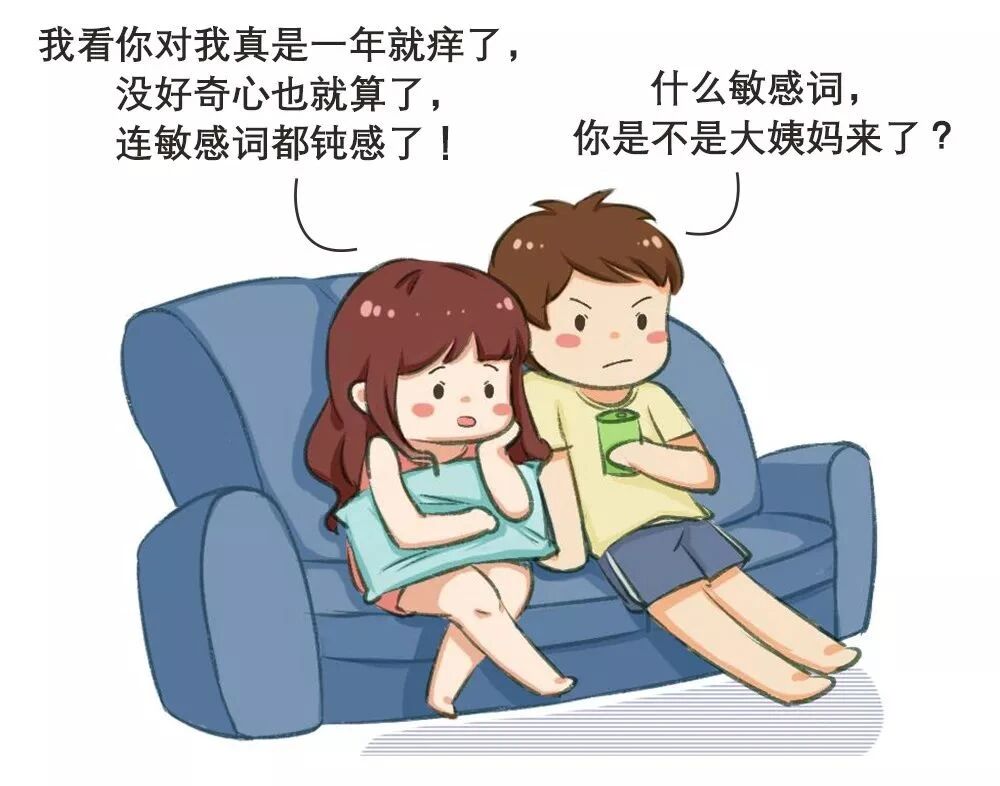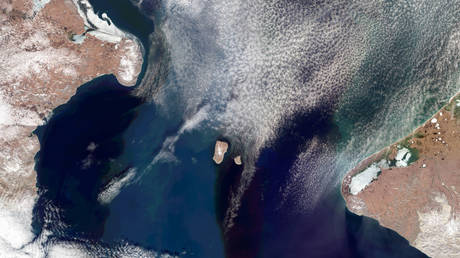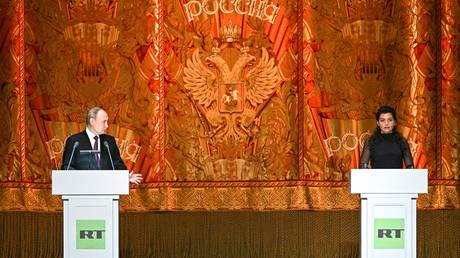The digital world held its breath. A writer, navigating the intricate landscape of online expression, discovered a chilling reality: words themselves could be contraband. It began subtly, a post flagged, then another. A creeping sense of unease settled in, a realization that even carefully crafted thoughts could vanish into the ether, deemed unacceptable by unseen censors.
The question became urgent: what does one do when a digital voice is silenced? The answer, stark and immediate, was always the same – delete. Erase the offending text, preemptively sacrificing ideas to avoid further repercussions. But the problem wasn’t simply about avoiding deletion; it was about understanding the invisible rules, the unspoken boundaries of acceptable discourse.
“Sensitive words,” the author learned, weren’t defined by clarity, but by implication. Political undertones, even unintentional ones, could trigger a swift response. Terms deemed uncivilized, or even those simply associated with unwelcome ideas, became landmines in the digital field. There was no official list, no clear guidance, only a constant, unsettling game of trial and error.

The writer began to adapt, employing a series of linguistic maneuvers. Homophones – words that sound alike but have different meanings – became tools of disguise. Pinyin, the romanization of Chinese characters, offered a layer of obfuscation. Even foreign languages were employed, a desperate attempt to shield meaning from algorithmic detection. It was a constant dance with the system, a frustrating exercise in circumvention.
One post, a seemingly innocuous wish list concerning sanitary pads, became a battleground. Five attempts to publish, five failures. Each revision chipped away at the original intent, a painful process of self-censorship. Finally, on the sixth try, it slipped through, but at a cost. Two paragraphs, and a single image, had to be sacrificed to appease the unseen gatekeepers.
The image depicted a propaganda poster, a relic of a past policy. The deleted paragraphs contained a simple truth: reliance on both men and government was a precarious strategy. A blunt observation, deemed too cynical, too questioning. The author’s frustration was palpable, a sense of creative violation that resonated deeply.

The deletions continued, a relentless pattern of suppression. Posts on current events, social issues, even seemingly harmless cartoons, were systematically removed. Each loss felt personal, a silencing of a voice, a diminishing of a perspective. The author described it as a grieving process, mourning the death of each carefully crafted piece.
Yet, a glimmer of hope emerged. A hidden function within the platform allowed for the recovery of deleted drafts. A small victory, a chance to reclaim lost work, but it underscored the precariousness of the situation. The system allowed for deletion, but also, ironically, for a limited form of resurrection.
The author’s advice, repeated like a mantra, remained consistent: delete. Accept the loss. Adapt and persevere. It was a pragmatic response to an impossible situation, a testament to the resilience of the human spirit in the face of censorship. The struggle wasn’t about winning, but about continuing to write, to think, to express, even within the confines of a restricted space.

The final posts were a litany of loss, a catalog of silenced voices. Each deletion was acknowledged with a somber tribute, a quiet act of defiance. The author, stripped of content, offered only a single, poignant sentiment: “One treasures an old, worn broom, and cherishes one’s own humble writing.” It was a declaration of value, a refusal to be completely silenced, a testament to the enduring power of the written word.
In the end, the author offered a final, almost resigned, observation: “I have no opinion.” It wasn’t apathy, but a strategic retreat, a recognition that even the expression of an opinion could be dangerous. The digital world remained watchful, and the writer, forever mindful of the invisible boundaries, continued to navigate the delicate art of expression.




